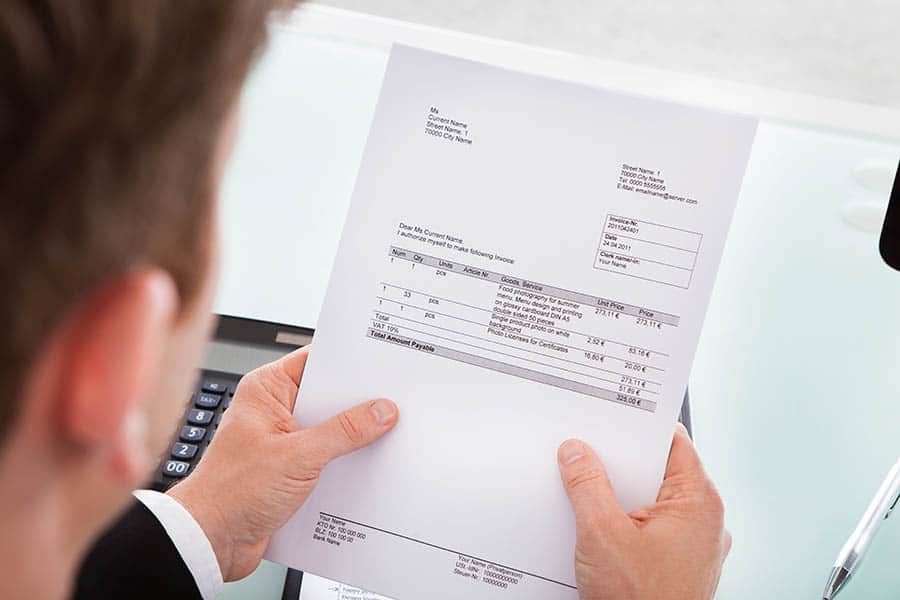How Long Should I Keep Invoices and Bank Statements?
When it comes to business records, the IRS says to keep your invoices and statements for at least three years. They also want to see your payroll records and bank statements. While the IRS places the burden of proof on you to prove that you have all of these records, it’s better to be safe than sorry. Luckily, there are many ways to store these important documents. Here are a few examples.
(Looking for outsource professional print and mail? Contact us today!)

Business tax returns
Keeping records of your business is a legal requirement and is required by the IRS for tax purposes. In general, invoices and other documents supporting business tax deductions should be kept for at least three years. It’s a good idea to keep copies of these documents, too, including bank statements and payroll records. Though the burden of proof rests on you to support your tax claims, it’s still better to be safe than sorry.
The IRS requires businesses to keep records for at least three years after filing their tax returns. Depending on the type of records, the IRS may audit the business at any time. If you do not keep your records for three years, the IRS may audit your business and assess more taxes. Keep records until the statute of limitations expires. Generally, the maximum period is three years, but there may be long periods.
Bank statements
You’ve probably been asked this question before: how long should I keep invoices and bank statements? As a business owner, it’s important to have an easy way to reference past financial documents. You can save these documents for as long as you need them for tax purposes or your internal record-keeping procedures. Bank statements should be retained for three to seven years. These documents will serve as a historical record of your company’s finances, which will be useful for future projections and validation of income.
Generally, you should keep your bank statements for at least a year if you don’t have an online banking account. You can even print out these statements for a longer period. Banks generally retain credit card statements for about a year, but they can keep similar documents for three years. If you need the statement longer than that, you can always request it by calling their main phone number. If you keep the statements online, you may need to request them for a longer period. The bank should respond within a few days.
Employee records
How long should you keep your bank statements, invoices, and statements? Some of these documents have legal requirements and should be kept for seven years. Others, such as hiring records, should be kept for one year. These documents are often necessary in legal cases and are important for keeping track of your business operations. To make it easy to find them, we have prepared a list of the most common types of business documents.
Some federal agencies have stricter rules for businesses than do state governments. These guidelines often depend on industry and circumstances. Before you begin storing any records, learn about the different categories and their associated retention periods. You can also ask your lawyer or accountant for guidance on document retention. Some government agencies have their guidelines and may be able to help you determine which documents are essential to your business. The best way to choose the right documents for your business is to consider the following.
Sales improvement documents
Your customers are empowered and opinionated. They can easily change their mind about your company if they had a bad experience. However, your sales team needs a solid foundation of information to make informed decisions. Use sales documents to give your sales staff the best possible information to present your business to customers. Your sales collateral can range from testimonials to case studies to explainer videos to sales scripts. Store all of your sales collateral in one central location.

